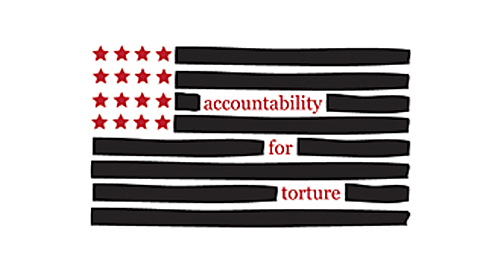
Earlier this week, a federal appeals court ruled that the CIA can effectively decide for itself what Americans are allowed to learn about the torture committed in their name. At issue in the ACLU’s long-running Freedom of Information Act lawsuit was the agency’s right to withhold secret cables describing waterboarding; a photograph of a detainee, Abu Zubaydah, taken around the time that he was subjected to the “enhanced interrogation techniques”; and a short phrase that appears in several Justice Department memos referring to a “source of authority.”
The CIA argued that the cables could be kept hidden because waterboarding is an “intelligence method” exempt from disclosure under FOIA; that the photograph should remain secret because it depicted a detainee in custody during the timeframe of his interrogation; and that the “source of authority” was in fact an “intelligence source or method.”

A three-judge panel of the Second Circuit Court of Appeals agreed with the CIA on all three counts, allowing the CIA to keep secret precisely the sort of information that FOIA was designed to expose: evidence of illegal government conduct. The court also granted the government the Orwellian authority to censor a photograph of a detainee because the photograph might reveal the detainee’s “condition” after being tortured.
Here’s the New York Times’s reaction to the decision in an editorial published today:
The C.I.A. is, generally, entitled to shield legitimate intelligence sources and methods. But the public’s interest in disclosure in this case was especially strong. And, as the A.C.L.U. argued, unlawful waterboarding is not properly an intelligence method within the scope of the FOIA disclosure exemptions. The government argued, and the judges agreed, that the photo of Mr. Zubaydah would reveal the detainee’s condition after torture. That is a compelling argument for its release.
The judges should have given the government’s overwrought claims of national security and secrecy special scrutiny, not extreme deference.
We are particularly disheartened that an administration with a stated commitment to transparency has claimed the need to shield details about waterboarding despite publicly acknowledging that waterboarding is torture. Were any other country to claim that national security required the suppression of details of torture, Americans would be rightfully shocked and incredulous.
Learn more about torture: Sign up for breaking news alerts, follow us on Twitter, and like us on Facebook.
Stay informed
Sign up to be the first to hear about how to take action.
By completing this form, I agree to receive occasional emails per the terms of the ACLU's privacy statement.
By completing this form, I agree to receive occasional emails per the terms of the ACLU's privacy statement.


